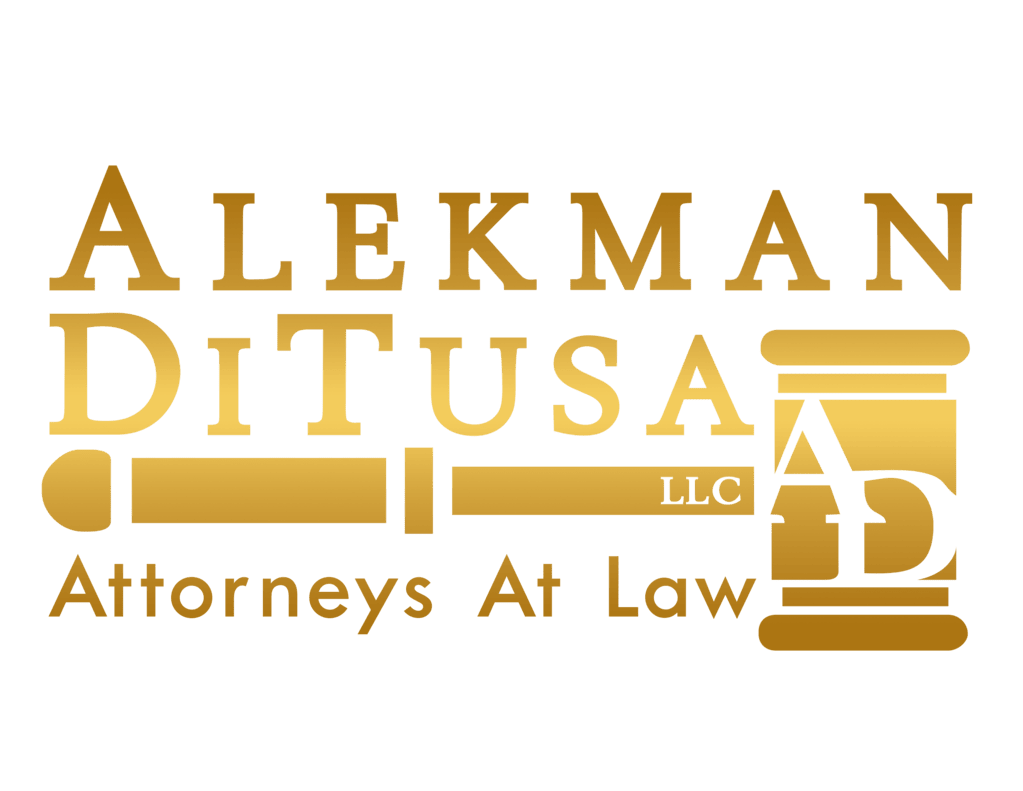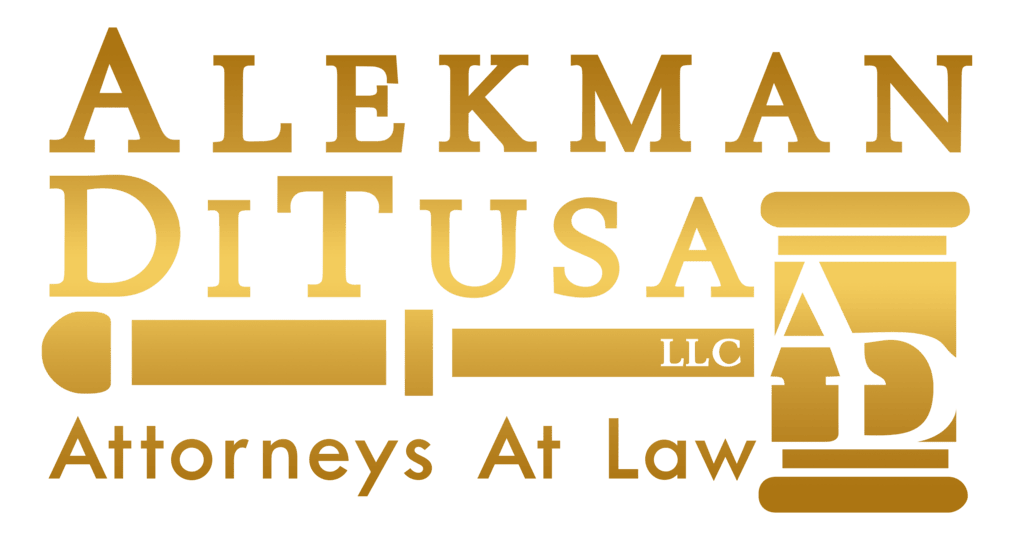The reality of winter in New England is that hazards abound as the winter wonderland arrives and we encounter snow and ice lasting from late November through April, sometimes earlier or later, depending upon where we live in Massachusetts. Not only is it tricky to navigate the slip and fall dangers presented by our New England winter climate, but navigating the law in pursuing a claim for injuries caused by a private property owner’s failure to take reasonable care to prevent injury to others is tricky too!
As snow and ice slip and fall lawyers in Springfield, we represent clients throughout Western Massachusetts who have been injured on the property of others as a result of their failure to keep property free of snow and ice.
If you have been injured in a snow or ice slip and fall on the property of someone else, we invite you to call us for a FREE CONSULT at (413) 781-0000 to get your questions answered, learn if you have a case, and find out how we can help.
This blog will touch upon the various laws in Massachusetts which make it important that you speak with an attorney well versed in these laws very soon after you are injured, so that your rights are not affected. This blog addresses the responsibilities of a private property owner in maintaining their property. (A landlord/tenant situation if you are a tenant or the guest of a tenant, and claims against a public property owner, such as a city, town, school department, or the Commonwealth of Massachusetts, will be discussed in a separate blog).
- What are a private landowner’s obligations regarding snow and ice removal under Massachusetts laws?
The most common claim against private landowners who are not landlords is a claim of “negligence,” which means that the property owner owes those who enter onto their premises the duty of reasonable care in order to avoid an avoidable risk of harm to them, and failed to meet that duty of reasonable care. The duty of the landowner in the care of their premises is to exercise reasonable care and make reasonable efforts in all circumstances to keep their premises in a safe condition and to protect lawful visitors against dangers.
What “reasonable care” and “reasonable efforts” is under the circumstances depends upon the particular facts of your injury, and after taking detailed information of the circumstances which caused your injury or the injury of a loved one due to snow and/or ice, the attorneys at Alekman DiTusa LLC will advise you whether there is a potential claim which we can pursue on your behalf.
- Is a private property owner who is not a landlord liable to someone for injury caused by the landowner’s failure to shovel snow and ice from a sidewalk?
Unfortunately, the answer to this question is “no”. Although a private property owner who is not a landlord may cause injury to others by violating a city or town ordinance regarding snow and/or ice removal from sidewalks, a claim cannot likely be pursued. Also unfortunately, claims against a municipality for defects in a sidewalk, including snow and ice, are extremely limited under Massachusetts law, which provides that a county, city or town is not responsible for an injury upon a public sidewalk if the sidewalk was otherwise reasonably safe for travelers. (Claims against a city, town, or the Commonwealth due to snow and ice on public property will be the subject of a separate blog.)
- Notice to the private property owner required by the Massachusetts General Laws requires quick action within thirty (30) days.
Massachusetts law requires formal written notice to an owner of private property in snow and ice cases where the defect is “caused by or consisting in part of snow or ice resulting from rain or snow and weather conditions.” There is specific information which must be included in the written Notice, and after providing this written notice to the owner of the property, the injured party needs to either settle the claim for damages or bring a lawsuit in the appropriate court within three (3) years after the date of injury.
To ensure that we have accurately identified the owner of the property, the lawyers at Alekman DiTusa LLC search property records at the Registrar of Deeds to determine the record owner of the property, and also search databases maintained by the Secretary of State and other public agencies to correctly identify the address to which the written notice should be sent.
The written notice must be mailed or delivered by posting it in a conspicuous place on the premises and by leaving it with any person occupying the premises. The attorneys at Alekman DiTusa LLC strongly recommend sending the notice required by the law to the property owner through U.S. Mail, Certified and Return Receipt requested, so that we have proof of timely delivery of the written notice to the proper party.
- Is the failure to send such a thirty (30) day written notice to the property owner an absolute bar to bringing a claim for injury caused by snow and ice against a private landowner?
The answer is that lack of notice within thirty (30) days may, or may not be, a complete defense to a claim for injuries, depending upon the facts of the case. To understand why lack of notice may or may not be a complete bar to a claim, it is important to recognize that snow and/or ice are “transient” conditions, meaning that the condition lasts for only a fairly short time and is not permanent in nature; if notice is not promptly provided to the landowner, it may be extremely difficult or even impossible for the landowner to document or reconstruct the condition of the property at the date and time of the slip and fall, since snow and ice conditions can change within days or weeks, and even within hours. For this reason, the law provides that failure to give notice is not a defense under the law unless the property owner proves prejudice in not receiving notice.
To help minimize a claim of prejudice due to lack of written notice, the attorneys at Alekman DiTusa LLC recommend that you, or someone on your behalf, promptly take photographs and video of the snow and ice conditions which caused your injury, from a variety of vantage points and distances. We recommend not only close up photos to show the type of accumulation, thickness and contour of the surface, as well as whether the snow/ice was treated or untreated, naturally pristine or affected by attempts at removal, but photos from a variety of distances as well, in order to document where the snow/ice was in relation to landmarks, structures, parking areas, sidewalks, entries/exits, and the size of the area which was covered with the snow/ice. A digital time and date stamp entry on the photos is advised. In addition, even if you have missed the thirty (30) day notice requirement, it is best to send out the written notice as soon after thirty (30) days as possible to help minimize the defense of “prejudice” due to lack of written notice.
There are other exceptions to the thirty (30) day notice period required under the law, so depending upon the facts of your case, it is important that you contact the attorneys at Alekman DiTusa LLC as soon as possible after your injury.
Please call the attorneys at Alekman DiTusa LLC if you have been injured due to the accumulation of snow and/or ice at private property to learn about your rights and remedies before it is too late. We are here to help you!



